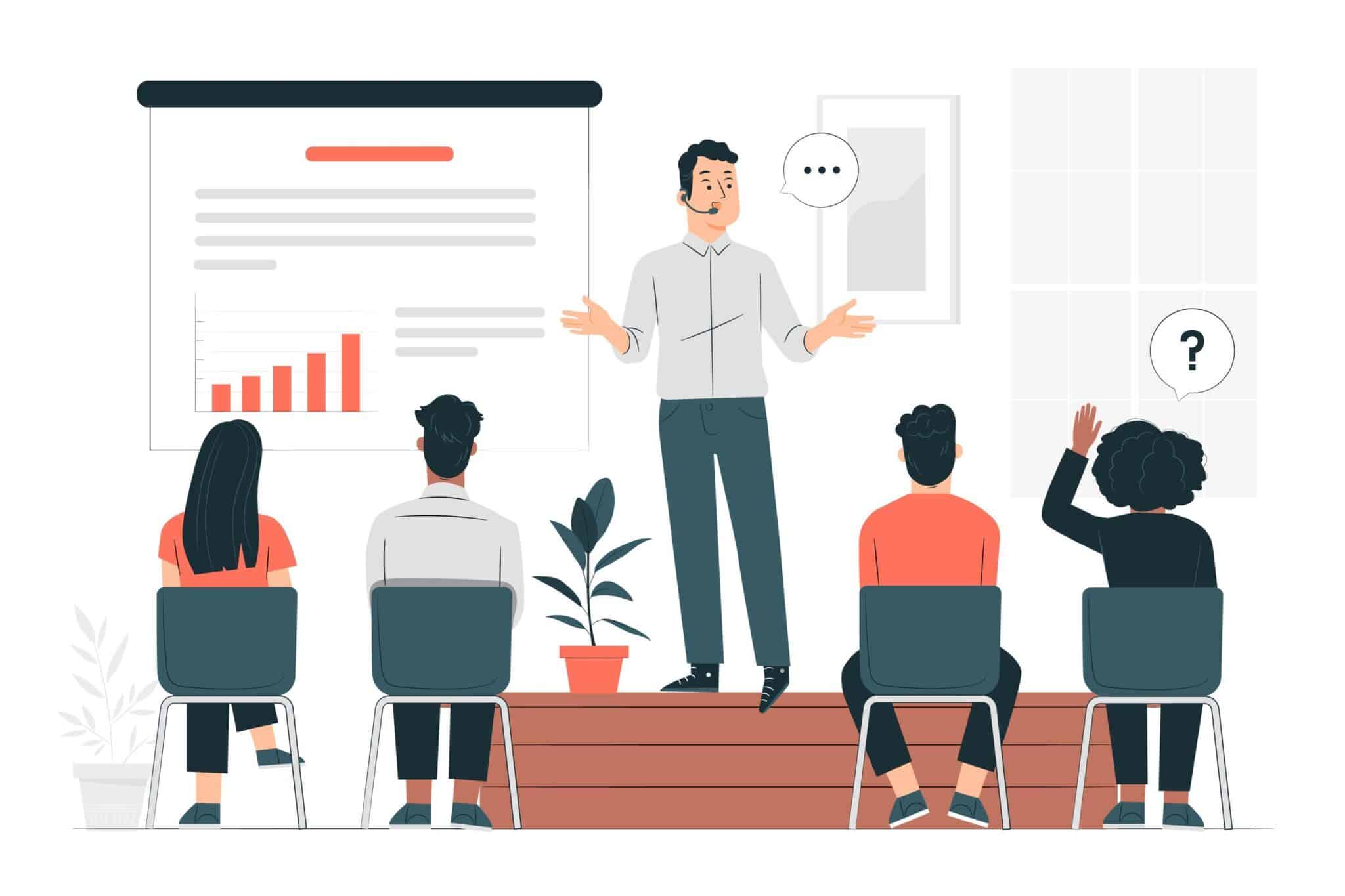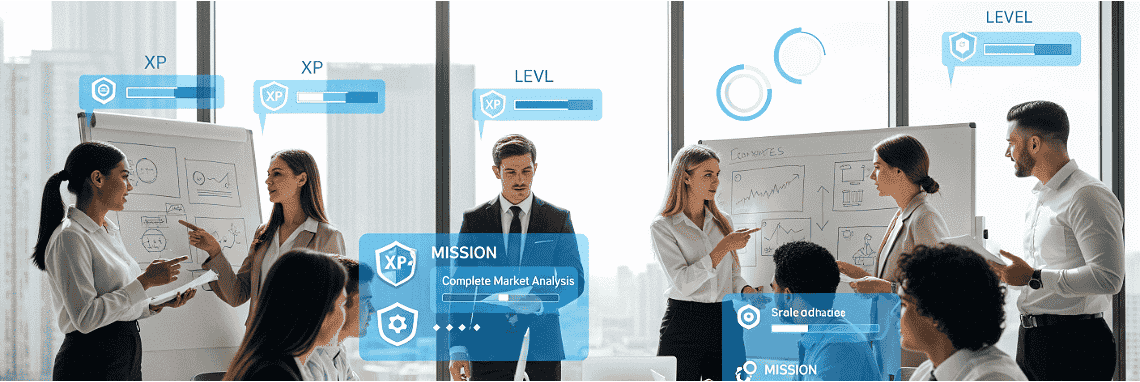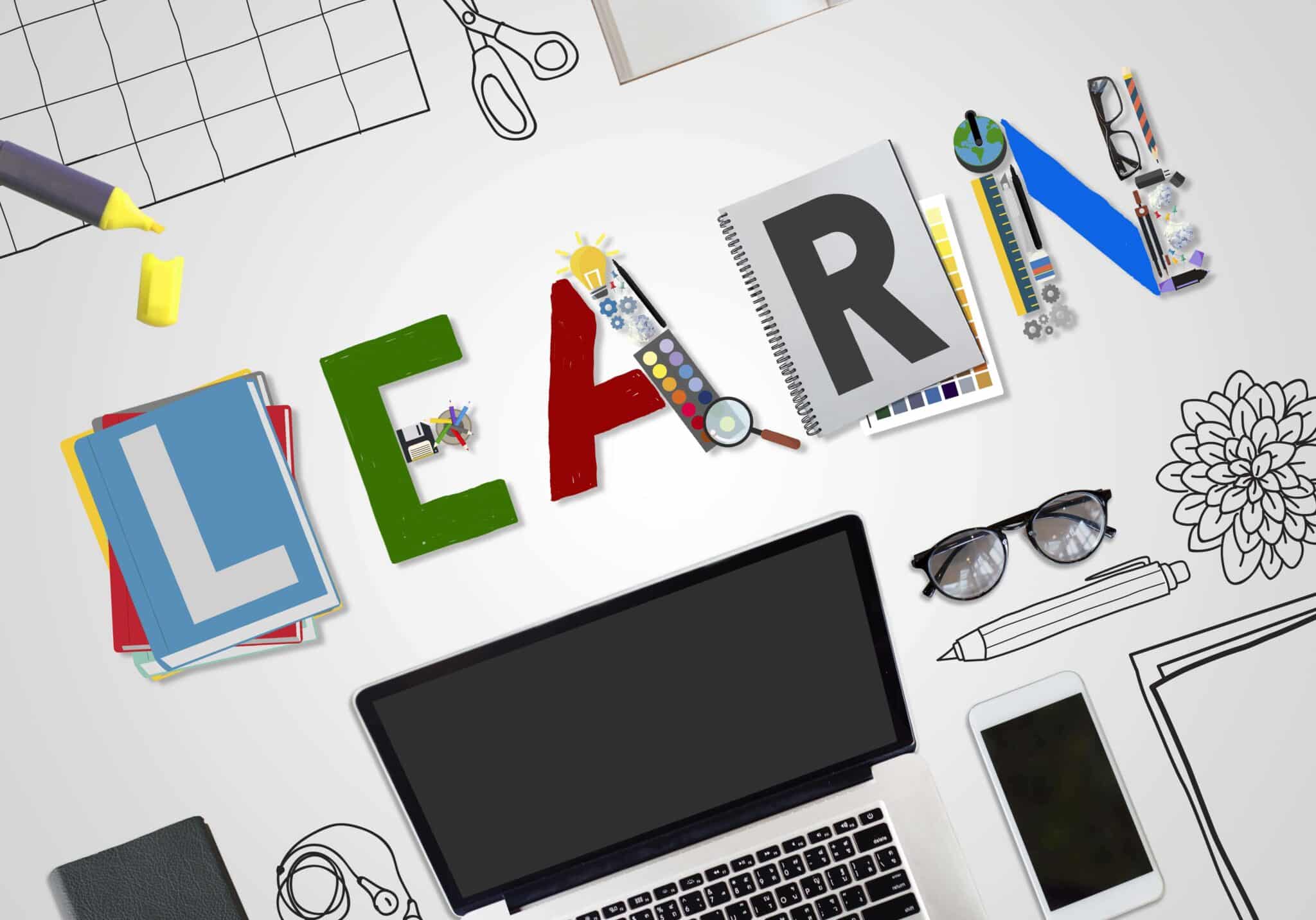The Leadership Challenge
Table of Contents
Leadership isn’t just about titles or authority — it’s about resilience, adaptability, and the ability to inspire and guide teams toward shared goals. Developing these qualities takes more than theoretical knowledge; it requires practice, reflection, and a deep understanding of one’s own strengths and areas for growth. That’s where experiential learning shines.
In my experience as a facilitator, I’ve seen how leadership development through experiential learning fosters real-world skills. It’s not about lecturing or handing participants a guidebook on leadership. Instead, it’s about creating immersive experiences that challenge leaders to think critically, collaborate effectively, and act decisively.
Why Experiential Learning is Ideal for Leadership Development
Experiential learning provides an environment where leaders can:
1. Build Resilience Through Real-World Challenges:
Leadership often involves navigating uncertainty and making tough decisions under pressure. Experiential learning activities simulate these scenarios, allowing participants to practice resilience in a safe yet challenging environment. For example, in one session I facilitated, a crisis simulation forced participants to make rapid decisions with limited information. The lessons they took away were invaluable for their roles.
2. Develop Adaptability and Strategic Thinking:
The corporate world is constantly changing, and leaders need to adapt quickly to new challenges. Experiential learning encourages strategic thinking by immersing participants in complex, real-world problems. Activities like LEGO Serious Play, which I’ve used frequently, help leaders explore multiple perspectives and build flexible strategies.
3. Foster Collaboration and Emotional Intelligence:
Effective leadership is built on the ability to connect with others. Experiential learning often involves team-based activities, helping leaders practice active listening, empathy, and conflict resolution. These skills are critical for fostering collaboration and building trust within teams.
Examples of Experiential Leadership Development Activities
1. The Shield of Achilles Exercise:
Inspired by the Greek myth, this activity asks participants to design a “shield” that represents their values, strengths, and aspirations as leaders. I’ve facilitated this activity in leadership retreats, and it’s always powerful to see participants reflect on their leadership journeys and share their shields with their peers. This exercise fosters self-awareness and aligns personal values with organizational goals.
2. LEGO Serious Play Workshops:
One of my favorite tools for leadership development, LEGO® SERIOUS PLAY®, involves using LEGO bricks to build models that represent strategic challenges, team dynamics, or visions for the future. Participants engage in storytelling and reflection, leading to deeper insights and innovative problem-solving. In a recent session, a leadership team used LEGO models to map out their organizational vision, sparking ideas they hadn’t considered before.
ALSO READ: How Lego Serious Play helped a leading global chemical manufacturer’s Executive
3. Leadership Crisis Simulations:
These simulations put leaders in high-pressure scenarios where they must navigate uncertainty, make decisions, and lead their teams effectively. I remember one session where participants had to manage a simulated PR crisis. The experience pushed them to think on their feet, communicate clearly, and remain composed under pressure — all vital leadership traits.
The Transformative Impact of Experiential Learning on Leaders
Through experiential learning, leaders not only develop essential skills but also gain:
- Confidence in Decision-Making: Facing and overcoming challenges in a controlled environment builds confidence that translates to the workplace.
- Deeper Self-Awareness: Reflective activities help leaders understand their strengths, weaknesses, and the impact they have on others.
- A Growth Mindset: Experiential learning emphasizes continuous improvement and encourages leaders to embrace feedback and change.
I’ve seen leaders walk away from these sessions not only with new skills but also with a renewed sense of purpose and clarity about their roles.
Conclusion: Preparing Leaders for the Future
In today’s fast-paced and complex corporate landscape, traditional training methods are no longer enough to prepare leaders for the challenges they face. Experiential learning bridges the gap by providing immersive, practical experiences that build resilience, adaptability, and collaboration—all essential traits for impactful leadership.
As a facilitator, I’m constantly inspired by the growth I see in participants during these programs. Whether it’s through crafting a shield of values, navigating a crisis simulation, or building visions with LEGO bricks, experiential learning creates leaders who are not only skilled but also empathetic, innovative, and ready to inspire their teams.
Leadership is a journey, not a destination. With the right experiences, we can empower leaders to thrive in uncertainty, connect with their teams, and drive meaningful change.








